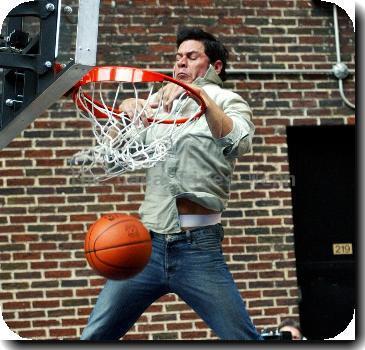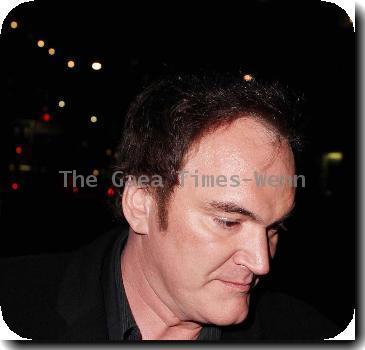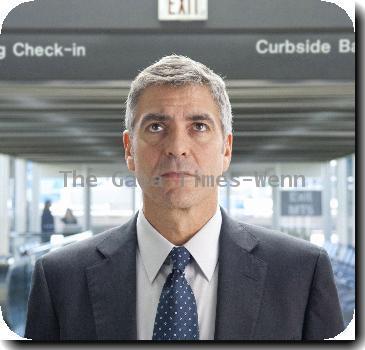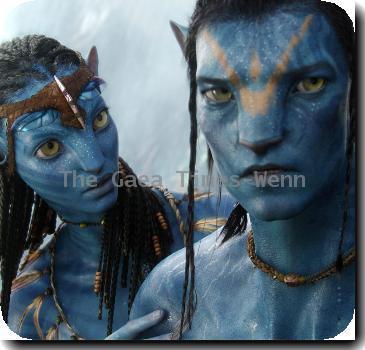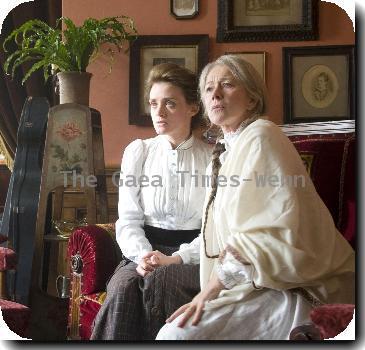Austrians, with 3 nominations, have high hopes for the Oscars
By Veronika Oleksyn, APThursday, February 11, 2010
Big year for Austrians at the Oscars
VIENNA — Achtung, Hollywood! Austria, known more for Mozart than movies, is hoping to make it big at the Oscars next month.
The birthplace of action megastar Arnold Schwarzenegger is also increasingly a film awards juggernaut. The three Academy Award nominations for Austrians announced this month are a source of pride for the small country, whose films and actors are getting renewed attention from Oscar after watching from the wings for years.
“Anybody who knows a little bit about films knows about Austria,” said Geoff Andrew, an expert at the British Film Institute.
Christoph Waltz, the front-runner for best supporting actor for Quentin Tarantino’s “Inglourious Basterds,” is perhaps the most high-profile of the Austrians in contention at the March 7 ceremony.
Director Michael Haneke and cinematographer Christian Berger, meanwhile, are in the running for best foreign language film and best cinematography for their work on “The White Ribbon,” a disturbing black-and-white drama submitted by neighboring Germany, presenting a somber study of a troubled village on the eve of World War I.
Austrians — or those with links to the country — were generally irrelevant at the Oscars for decades. Haneke and Waltz are the biggest names, but in the last several years the Alpine nation of roughly 8.3 million has had a regular seat at the ceremony.
In 2008, Stefan Ruzowitzky took home the foreign-language Oscar for “The Counterfeiters,” the tale of a master forger forced to work for Nazis in a concentration camp. Last year, Goetz Spielmann’s “Revanche” earned a nomination in the same category, although the movie went home empty-handed.
Martin Schweighofer, managing director of the Austrian Film Commission, sees the recent Oscar win and nominations as just several of a slew of confirmations that the country’s small film industry is becoming increasingly respected abroad.
“In 2009, Austria got roughly 100 prizes — that’s an incredible number,” Schweighofer said, referencing a long list of awards obtained by less well-known Austrian films or co-productions. “La Pivellina” by Italian Tizza Covi and Austrian Rainer Frimmel, for example, won an array of accolades.
Hans Hurch, director of the Austrian capital’s annual Viennale film festival said he has noticed a shift in the international perception of contemporary Austrian cinema that often doesn’t fit into the Hollywood mold.
“A couple of years ago, ‘Austria’ and ‘film’ weren’t necessarily used in the same sentence,” Hurch said in a telephone call from a film festival in the Dutch city of Rotterdam. “But now, in many ways, the two terms are more compatible.”
Experts point out that has happened increasingly only recently. Haneke and Waltz have helped shine the spotlight on Austria’s film industry, but they largely made their mark elsewhere and began working abroad early on in their careers.
Acclaimed six-time Oscar winner Billy Wilder — known for “The Apartment,” ”Sunset Boulevard” and “Some Like It Hot” — was born in Austria and fled during Hitler’s rise to power because he was Jewish, hitting it big in Hollywood. Other Oscar winners and nominees with Austrian roots include filmmaker Fred Zinnemann and Maximilian Schell who got a Best Actor Academy Award for his performance in the 1961 film “Judgment at Nuremberg.”
In 1986, Austria’s Klaus Maria Brandauer got an Oscar nomination for best supporting actor in Sydney Pollack’s “Out of Africa” and Wolfgang Glueck’s “38: Vienna Before the Fall” was in the running for best foreign language film.
But, Andrew suggests that steering clear of Hollywood might actually be best for the industry.
He points to the talent of a new generation of Austrians, who have been unmentioned at Oscar time, but are recognized as thought-provoking and original.
They include Jessica Hausner, whose recent film “Lourdes” about a wheelchair-bound woman in search of a miracle has won much acclaim.
“What people have admired in Austrian cinema of the last decade or so is a general willingness to deal seriously with certain social, political and ethical issues,” he said, “and a readiness to go far beyond the generic formula of the mainstream cinema as represented by Hollywood.”
Tags: Arts And Entertainment, Austria, Award Shows, Europe, Events, Geography, Movies, Quentin Tarantino, Vienna, Western Europe
